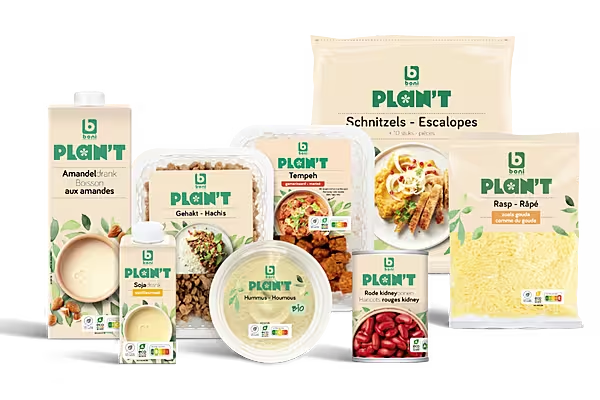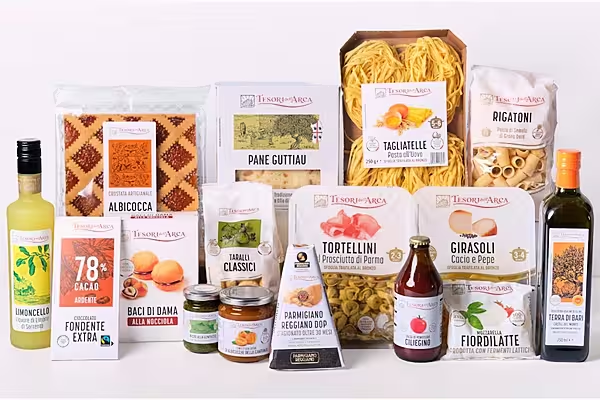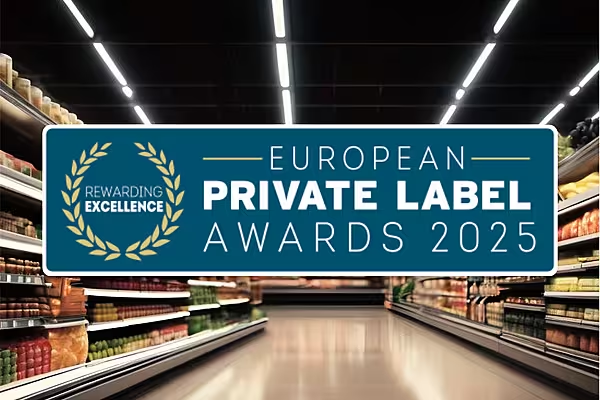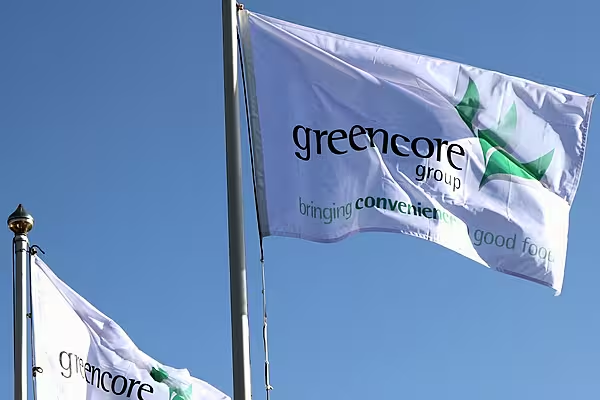The coronavirus crisis is likely to have a positive impact on private label sales in the long run, says Koen de Jong, managing partner at IPLC Europe and the author of The Private Label Revolution. This article first appeared in ESM Issue 3 2020.
The coronavirus crisis is having a dramatic effect on retail operations across the Continent, with most European countries reporting a surge in panic buying of certain categories, followed by the implementation of purchasing restrictions by some retailers on products in high demand, a cutback in non-essential services, and the roll-out of controlled entry/exit procedures in stores and/or social-distancing requirements.
But, as the situation plays out and shoppers return to relatively normal behaviour, what will be the lasting effect?
ESM caught up with Koen de Jong, managing partner at IPLC Europe and the author of The Private Label Revolution, to discuss how the coronavirus is likely to shape private-label purchasing, as well as a number of other trends influencing store brand performance.
Stocking Up
As de Jong explains, currently, in many markets across Europe, the “extreme demand” for many staple products is likely to benefit private label, as shoppers “don’t feel the need to pay more” for pasta, rice or canned goods, and will likely choose private label over branded equivalents.
“At the same time, there are reports of manufacturers finding it difficult to cope with volumes in some categories,” he adds. “If a store is facing empty shelves, they are more likely to increase the number of facings for private-label products.”
de Jong also believes that the growth of the discounters, which have seen a boost in market share since the onset of the outbreak, will also prove positive for private label in the medium to long term.
“The discounters are more efficient than mainstream retail when it comes to replenishment – they have very efficient supply chain managing systems – and, as such, you don’t see empty shelves as often in the likes of Aldi and Lidl,” he says. “Also the product categories in the discounters tend to include a lot of shelf staples, and I think this will also have a positive effect on private-label market share.”
Lessons From History
The chastened times that we are living in evoke memories of the 2008 financial crash and the lasting impact that this had on retail – in particular, elevating private label – but, as de Jong explains, it’s difficult to draw comparisons between then and now.
“Today, you have a certain demographic that are fearful of not being able to source food products at all,” he says. “That was certainly not the case in 2008.”
However, the economic repercussions of the coronavirus crisis could be long-lasting, with households particularly impacted, in terms of a drop in average income. This would open the door for competitively priced private-label products, as economic repercussions have done in the past.
“History has shown, many times before, that in times of economic contraction, private-label market share has grown,” says de Jong. “Then, when the economy recovers, private label retains its position, because a new cohort of people have tried private-label products for the first time, and think twice about going back to branded products.”
Online Growth
The introduction of stringent stay-at-home measures is also likely to provide a boost to online grocery shopping, with shoppers converting to online retail after trying it out for the first time. With many mainstream brands slow to embrace the promotional capabilities of online channels, relying instead on the traditional shelf-talkers and gondola displays of physical retail, private label could receive a fillip.
“With a lot of retailers’ online channels, brands need to pay to have a prime position on the screen, and if they don’t, private label will be dominant,” says de Jong. “In store, a brand can invest in multiple facings, shelf-positioning, and so on, but that falls away online, and it’s more of a level playing field.”
‘Supermarketification’ In Focus
Last year, de Jong spoke to ESM about the growing ‘supermarketification’ of the discount channel, namely how the likes of Aldi and Lidl are upgrading their store networks and product selection as they encroach upon the territory previously held by mainstream grocers. It’s a trend that’s likely to continue well into the coming decade, he says.
“What we really mean by supermarketification is the discounters really moving up a level – not in terms of the depth of assortment, necessarily, but in terms of the shopping experience,” de Jong explains. “Historically, you might not have wanted to spend much time in a discounter store, but now there’s much more of an in-store experience, which underpins the quality message they are aiming for.”
This is being echoed by an increased focus on the provenance and composition of discounter private-label ranges, with both Aldi and Lidl seeking to localise themselves more in their individual markets.
“Take Portugal, for example,” says de Jong. “A retailer like Lidl could very easily import all its products from Germany and ignore local producers, but instead it makes a real effort to source locally in that market, to demonstrate to consumers that it cares about the community.
“Plus, for small Portuguese manufacturers, who would never have the opportunity to export to markets such as the Netherlands or the UK, they can benefit from Lidl’s pan-European supply chains, reaching markets far beyond their capabilities.”
A Niche Opportunity
Thinking beyond the current coronavirus situation, de Jong believes that the macro-sustainability trend offers a winning opportunity for future private-label development, as products become a physical representation of a business’s CSR strategy – a tangible reminder of what a retailer is doing to tackle environmental issues, food waste, and so on.
“In their annual reports, retailers make claims about what they are going to do around areas such as plastic reduction or waste reduction, he says. “The private labels they put on their shelves reflect their approach.”
The role of private label in retailer sustainability is the subject matter of a forthcoming report from IPLC. For more information, or to purchase a copy of The Private Label Revolution, visit www.iplc-europe.com.
© 2020 European Supermarket Magazine – your source for the latest retail news. Article by Stephen Wynne-Jones. Click subscribe to sign up to ESM: The European Supermarket Magazine














